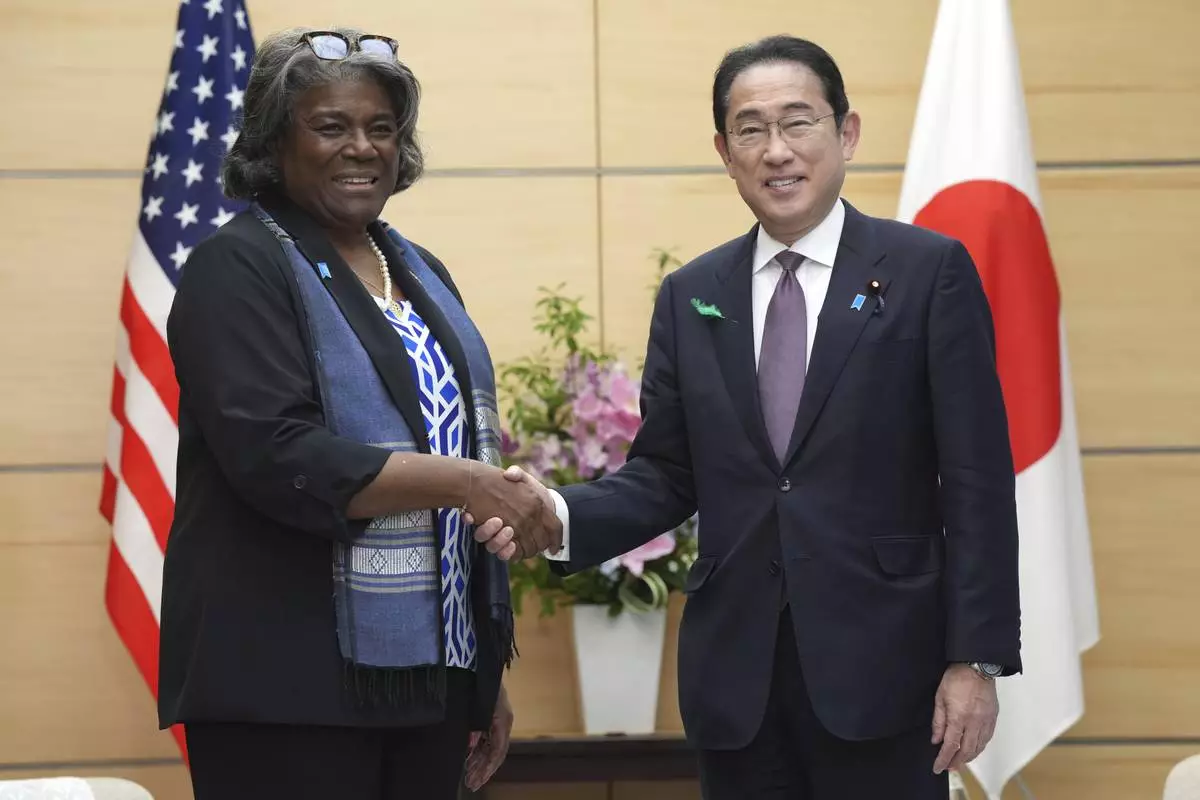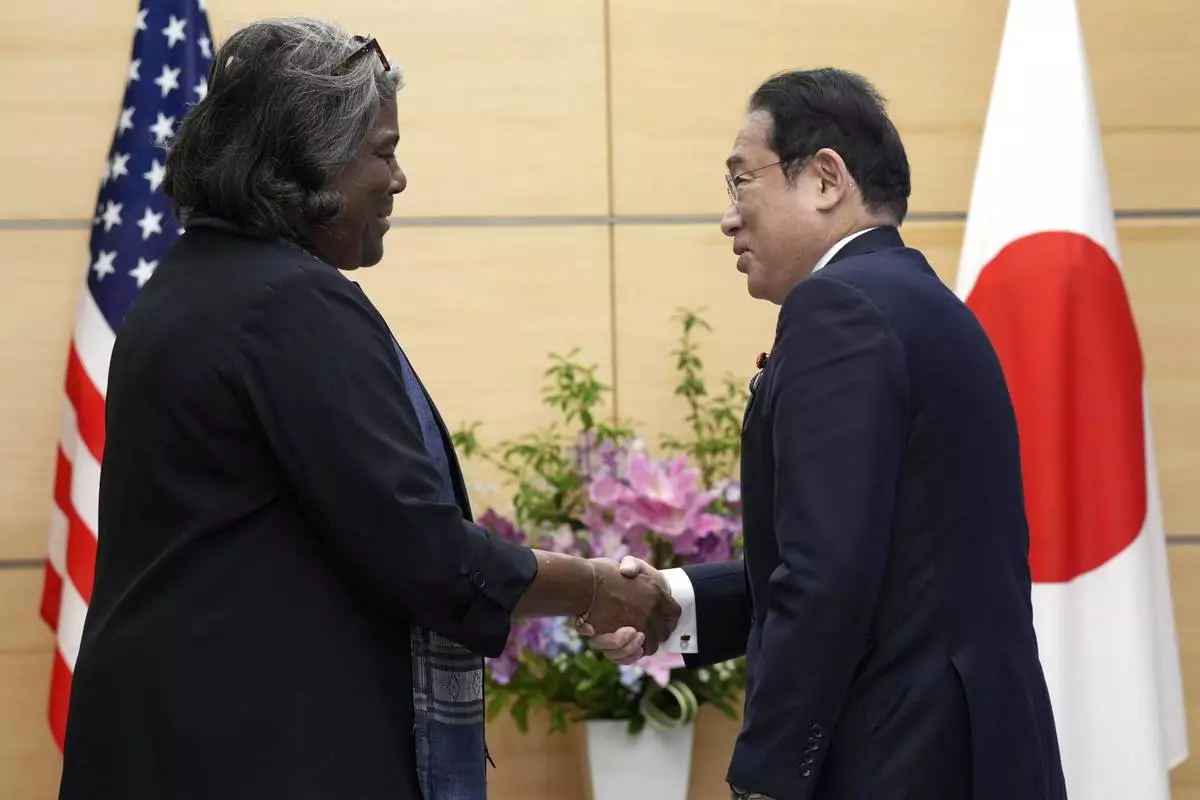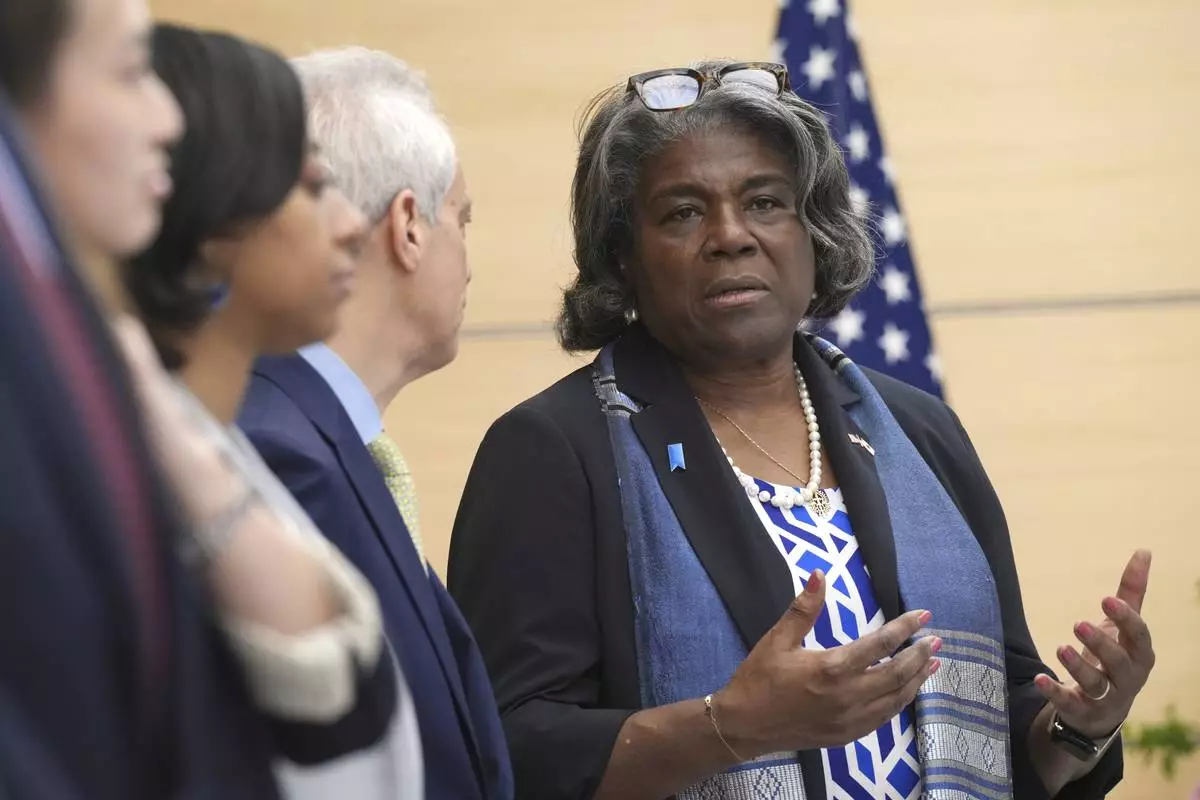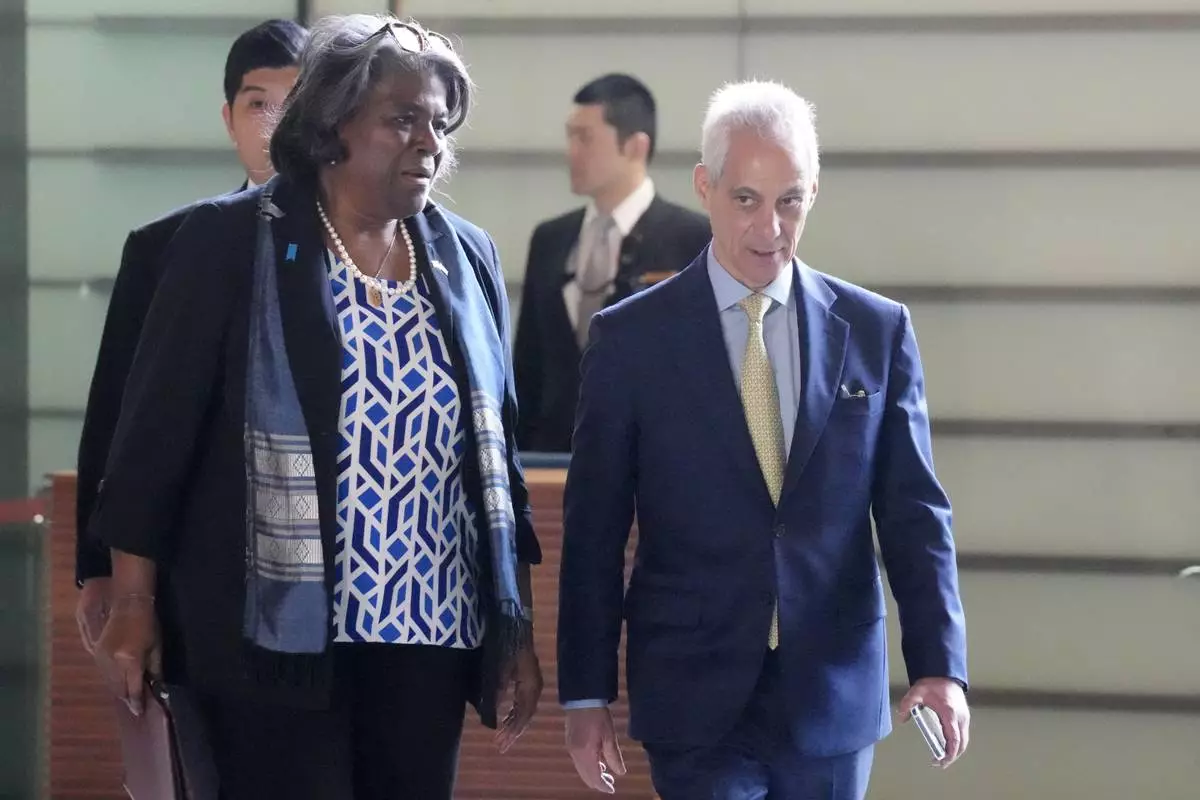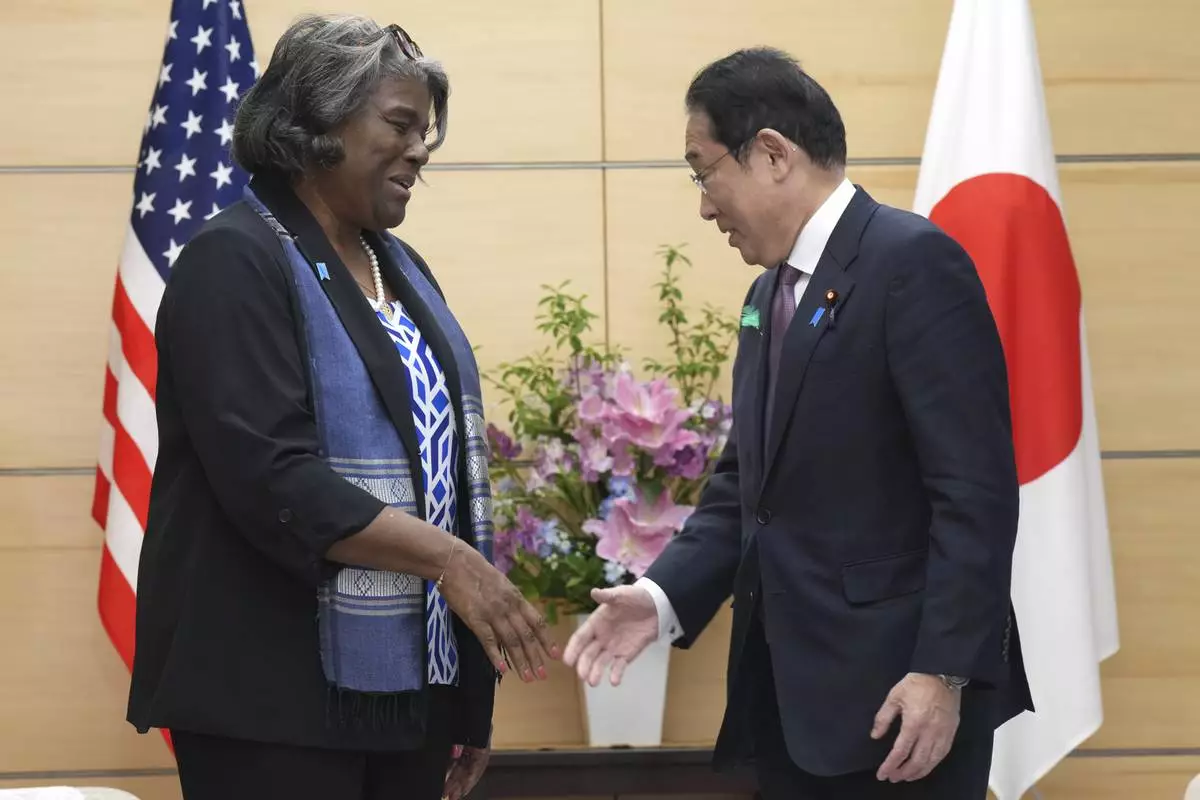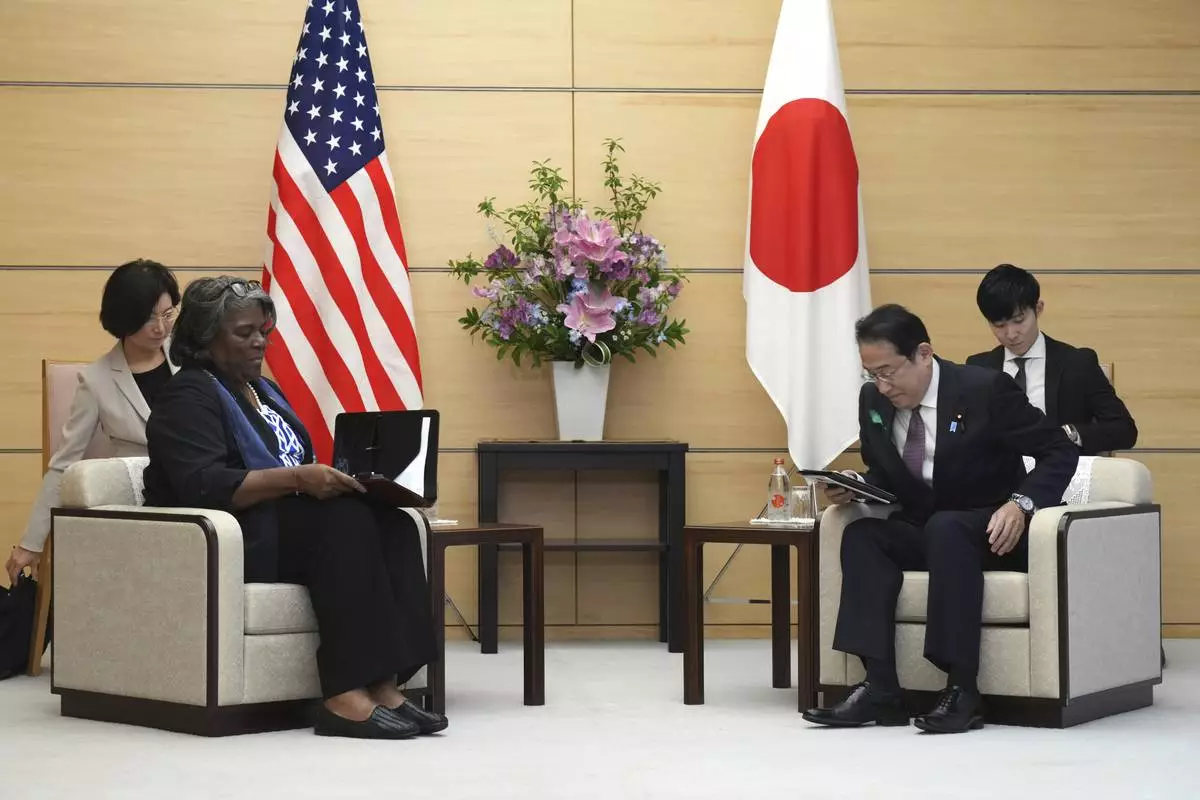After a police officer fatally shoots someone, it can take days or even weeks before the public or his supervisors hear the officer's version of what happened.
In many states, that so-called cooling off period is carved out in state law or in a police department's contract. That opportunity to take some time before undergoing questioning by investigators angers community activists and others seeking reforms of police departments around the country who believe it gives officers time to reshape their story to justify a shooting and avoid getting fired or charged. Law enforcement officials and experts say officers need to be able to collect their thoughts, so they don't provide details that are tainted by the trauma of the shooting.
Just the latest example arose in Fort Worth, Texas, where a police officer fatally shot a woman inside her home; before he could be compelled to undergo questioning, he resigned, making it even more difficult to find out what he was thinking, why he fired his gun — and some believe, to get justice.
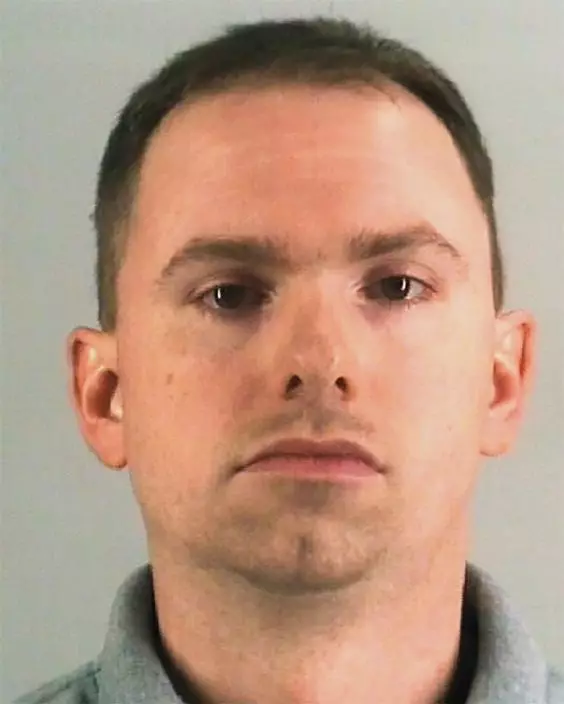
FILE - This undated file photo provided by the Tarrant County Jail shows Aaron Dean. The Fort Worth police officer who shot and killed a black woman through a back window of her home while responding to a call about an open front door was charged with murder on Monday, Oct. 14, 2019, after resigning from the force. Dean resigned before he could be compelled to undergo questioning. (Tarrant County Jail via AP, File)
"We laud police in this society as our protectors and purveyors of justice, and we hold them with such high regard, but when it comes to getting a statement when they have killed one of us, they are held to a lower standard than if we killed one of them," said Pamela Young, lead organizer for the Tarrant County Coalition for Community Oversight in Michigan. "It's nonsensical."
More than a dozen states have what are called Law Enforcement Officers' Bill of Rights carved into law. Other states, especially those with unions, have similar protections as part of negotiated contracts. The amount of time afforded officers before they are questioned varies — as short as 24 hours to up to two weeks.
The grace period dates back in most places to the 1970s and has periodically been questioned in police-use-of-force cases, with watchdogs and community activists considering it another example of the thin blue line rallying around one of its own. It's difficult to say if the lag time has allowed officers to avoid arrest or conviction, especially because the courts grant police more leeway in using deadly force than the general public.

FILE - This Friday, Nov. 30, 2018, file photo provided by the Mesquite Police Department shows Amber Guyger. The former Dallas police officer Guyger was indicted on murder charges, nearly three months after she fatally shot an unarmed black neighbor whose apartment she said she entered by mistake, believing it to be her own. It's unclear when Guyger first talked to investigators about the Sept. 2018 shooting, but she was eventually charged and is serving 10 years in prison after being convicted of murder in Oct. 2019. (Mesquite Police Department via AP, File)
In Maryland, the first state to enact an Officers' Bill of Rights, lawmakers in 2016 reduced the time from 10 days to five, and extended the period in which residents can file a complaint against police from 90 days to a year-plus-a-day. The changes came as part of a bill after the death of Freddie Gray, who was injured in a Baltimore Police Department van and later died, sparking riots.
The issue of when officers involved in shootings must be questioned has arisen periodically. But amid all the reforms sought of police departments in recent years, it hasn't been one that has garnered as much attention, until recently. It follows several high-profile police shootings, including one in Dallas, 30 miles (48 kilometers) from Fort Worth. That's where a white police officer was recently convicted for fatally shooting an unarmed black neighbor after she said she mistook his apartment for hers; the department there gives officers 72 hours before they are questioned.
It's unclear when Amber Guyger first talked to investigators about the September 2018 shooting, but she was eventually charged and is serving 10 years in prison after being convicted of murder this month.

FILE - In this Sept. 10, 2018, file photo, a Dallas Police vehicle is parked near the South Side Flats apartments in Dallas. Former Dallas Police Officer Amber Guyger fatally shot an unarmed black neighbor whose apartment she said she entered by mistake, believing it to be her own. It’s unclear when Guyger first talked to investigators about the September 2018 shooting, but she was eventually charged and is serving 10 years in prison after being convicted of murder this month. (AP PhotoRyan Tarinelli, File)
In Minnesota, where an officer in July 2017 fatally shot an unarmed woman who had called 911 about a possible assault, the officer refused to talk to investigators and did not publicly discuss what happened until his trial. Mohamed Noor was convicted of third-degree murder and manslaughter and was sentenced to more than 12 years in prison.
Aaron Dean, the Fort Worth officer who shot 28-year-old Atatiana Jefferson inside her home last Saturday, did not talk to investigators before he resigned two days later and was charged with murder. His attorney, Jim Lane, declined to comment on Dean's state of mind or his response to the allegations against him.
Bob Bennett, an attorney in Minnesota who represented the family of Justine Ruszczyk Damond, who was fatally shot by Noor, decried what he called special treatment being given officers. Not only are they given extra time before undergoing questioning, but often they are allowed to consult with a union representative or an attorney beforehand.
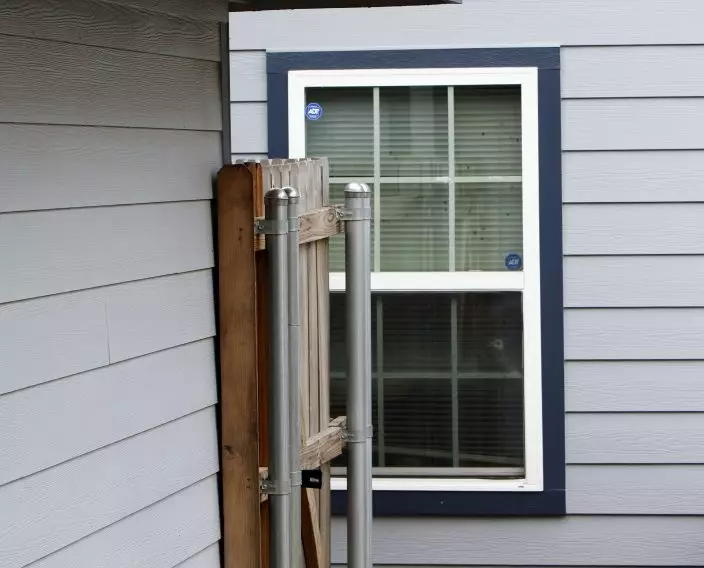
FILE - This Monday, Oct. 14, 2019, file photo shows the bullet hole in the window at the back of the house in Fort Worth, Texas, through which Atatiana Jefferson, a black woman, was shot by a white police officer early Saturday, Oct. 12, 2019. Aaron Dean, the Fort Worth officer who shot 28-year-old Jefferson inside her home while responding to a call about an open front door, did not talk to investigators before he resigned two days later and was charged with murder. (AP PhotoDavid Kent, File)
"A lot can be learned in five or six days and a lot can be polished and sanded," Bennett said.
Law enforcement officials contend the grace period is critical after such traumatic events — and that officers are being given the same rights as any citizen to refuse to talk with investigators. Many point to research detailing the physiological and psychological toll that traumatic events have on the human body, and suggest the gap is important to ensure the officers are clear-headed and able to process what happened so they can more accurately describe what occurred.
"Of course the critics and the people who don't trust the police say, 'Yeah, they need time to get their story together,'" said Tom Manger, a retired police chief in Virginia and Maryland. "Having some time to calm down and get your thoughts together ... oftentimes, you get clearer answers and better information."
Bennett doesn't buy it, saying if it's good enough for an officer, it should be fair to treat civilians the same way.
"Why are police, who are professionally trained to observe, to record material, to accurately and completely record all the material and facts of an incident, why are they excused from rendering their report and statement in the same timeframe as untrained, unprofessional witnesses are?"
Jim Pasco, executive director of the Fraternal Order of Police, which represents about 330,000 officers nationally, called the gap in time something available to the general public as well as officers.
"There are an awful lot of misconceptions. First of all, anyone who's being interviewed by the police with the potential for being charged has a right to decline to say anything. The difference is that police officers at every level decline to testify at the peril of losing their jobs whether they're guilty or innocent," he said. "Police officers don't give up their civil and constitutional rights at the police station door. ...
"It isn't like 'Law & Order' where they get into a shootout and then go out for a beer. It isn't like that at all. These officers suffer sometimes for the rest of their lives just by virtue of being involved."
Associated Press writer Corey Williams contributed from Detroit.



